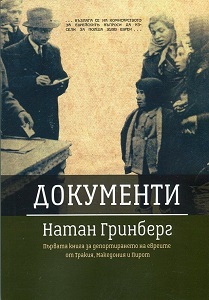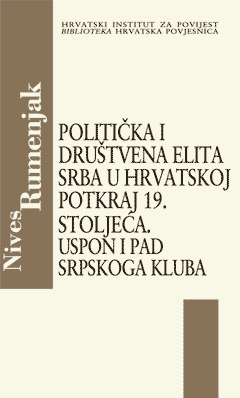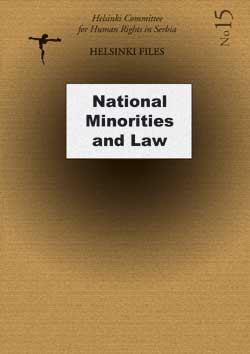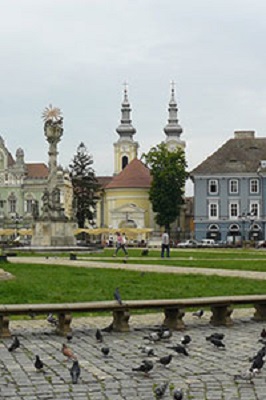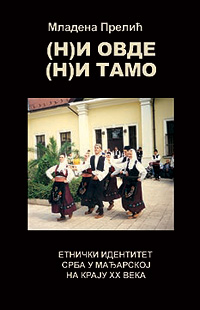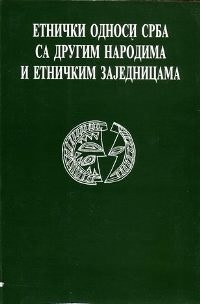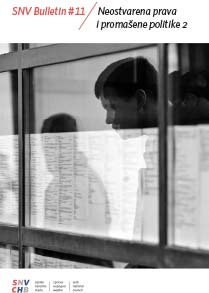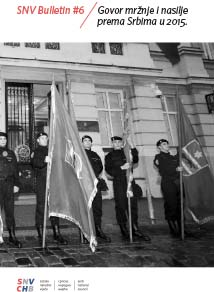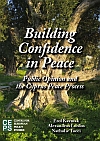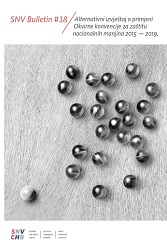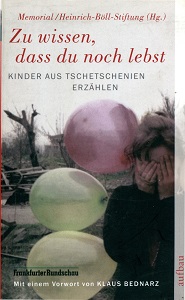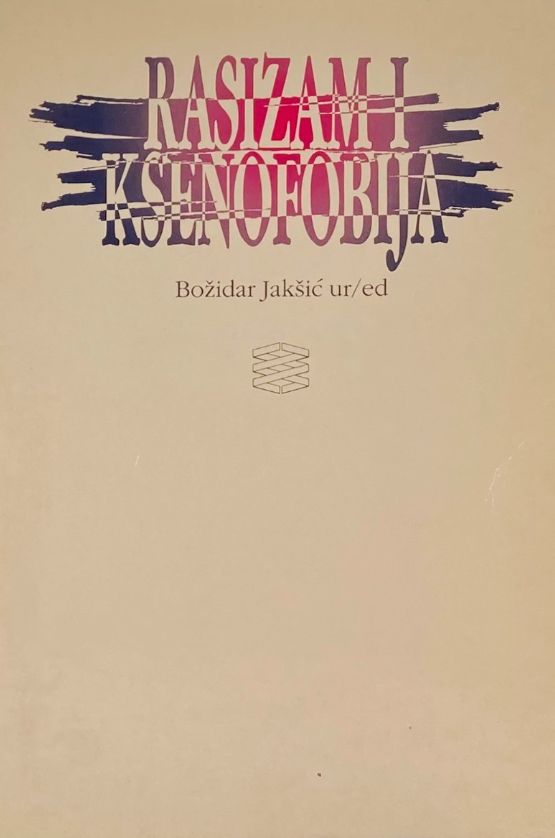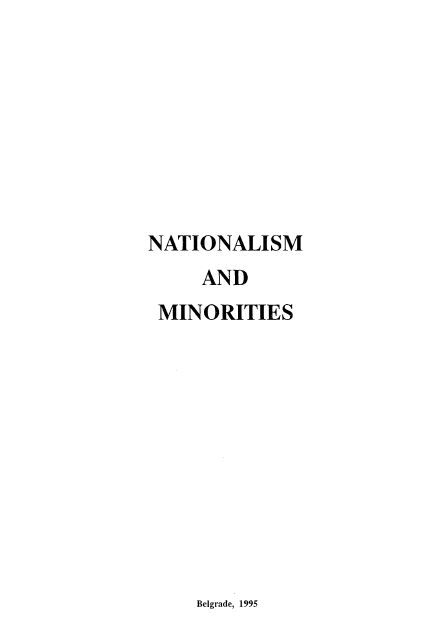Author(s): Dragomir Dragić / Language(s): Romanian,Serbian
(Serbian and Romanian edition)
Uoči popisa stanovništva u Saveznoj republici Jugoslaviji, odnosno u Republici Srbiji, neophodno je detabuizirati tzv. “vlaško pitanje”. Naime, postoji neodrživo nasleđe u tumačenju forme i sadržaja ovoga pitanja. U ovoj brošuri Forum za kulturu Vlaha (na vlaškom: Forumu' pėntru Cultura a Rumâńilor) govori o Vlasima u istočnoj Srbiji, tačnije rečeno između Morave, Dunava i Timoka, kao produktu romanizacije, a ne o nekoj kategoriji “vlaha” koji nemaju takav etnički predznak. Nekih drugih “vlaha” i nema na pomenutom prostoru, sem ako se ne izmisle. Romanizacija kao fenomen započeo je sa rimskim zaposedanjem Ilirika, na istočnoj obali Jadrana, u III veku pre nove ere, a na prostorima gde i danas žive na jezicima nepripadnika tzv. Vlasi, posle 168. godine p.n.e. Tada je nestala antička Makedonija da bi se na jugu Balkanskog poluostrva instaliralo Rimsko carstvo. Ovo carstvo se u prvom veku nove ere proširilo do Dunava, a sa Trajanovim osvajanjima, od 101. do 105. godine nove ere, i preko Dunava. Tako je nastala Trajanova Dakija koja opstaje do 271. godine n.e. Te godine, iz strateških razloga, po odluci imperatora Aurelijana, Rimljani i deo romanizovane populacije napuštaju prostore severno od Dunava, pa se južno od Dunava uspostavlja Aurelijanova Dakija. Ovde se nastavlja proces romanizacije autohtone populacije Tračana, kao i onih koji su iz različitih motiva došli ili su dovedeni sa raznih drugih strana Rimske imperije. Verovatno je taj proces osnažen i promenom u rimskoj legislaciji kroz unifikaciju statusa rimskih građana Ediktom imperatora Karakale 212. godine. Tako su se u jugoistočnoj Evropi rodili “Vlasi”. Zbog intenzivnosti tog procesa na karpatsko-podunavskom prostoru, istorijski gledano ovo šire područje se može označiti prostorom gde su se pojavili “Vlasi”, tj. to je “vlaški matični prostor”. U današnje vreme, imajući u vidu istorijske i antropološko-kulturološke promene koje su se dogodile u proteklih dva milenijuma, tako se može kvalifikovati samo današnja Rumunija. U etnogenetskim procesima, za koje se smatra da su se okončali od VII-X veka, ovaj balkanski element je dobio novo ruho. Njegovom uobličavanju u novi etnički entitet doprinos su dali i Sloveni u svom pomeranju na Balkanskom poluostrvu. U toku ili pri kraju takvog procesa došlo je do razdvajanja severnog i južnog ogranka ove populacije, koja se pod imenom Vlaha pominje u istoriji 976. godine, povodom pogibije Davida, brata cara Samuila. Još iz najranijih vremena Germani su susedne Kelte i Rimljane nazivali WALHOS. Kasnije se ova etnička odrednica suzila na romanizovane populacije koje su dobile svoju latinsku identifikaciju ROMANUS. Od ova dva naziva nastale su hipostaze koje poznajemo i u današnje vreme, uključujući i slovenski naziv “Vlah, Vlasi”, odnosno “vlaški”, na rumunskom književnom jeziku “Român, Români”, na rumunskom narodnom govoru “Rumân, Rumâni” (kao npr. u Dosoftejevom Psaltiru u stihovima na rumunskom iz 1673., te u Šerbanovoj Bibliji na rumunskom iz 1688., itd.), naime na muntenskom, krišanskom, maramureškom, moldavskom i banatskom narečju rumunskog jezika.
More...
